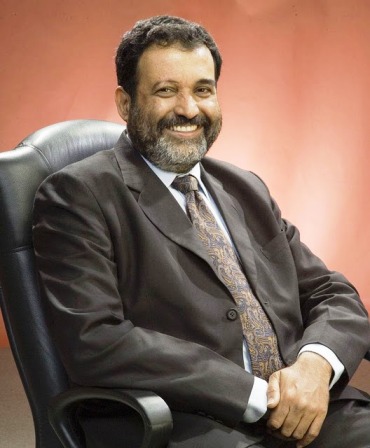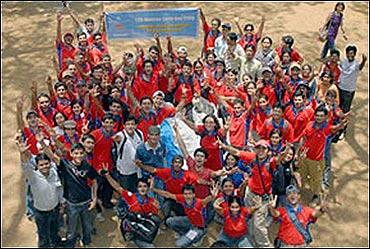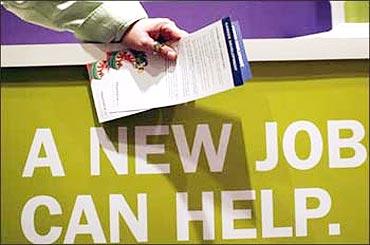Human Resources practices in India are 10-15 years behind the curve and it is imperative to remodel them to suit the changing needs, aspirations and behaviour patterns of the skilled workforce, member of the Infosys board TV Mohandas Pai said in Bengaluru on Thursday.
Addressing Confederation of Indian Industry Karnataka Annual HR Conference 2011, HR for Emergent India, Pai said, "India is producing talent and intellectual capital that is world class.
. . .
HR practices in India 10-15 years behind: Mohandas Pai
"HR practices need to reflect the reality."
He, however, added, "Human Resources in India is 10-15 years behind curve.
"There is lack of research and case studies on career development framework. There is no career architecture", he said.
Besides there is also lack of structured process to handle business in a way that is not people dependant.
There is a lack of experienced and expert HR manpower, he added.
. . .
HR practices in India 10-15 years behind: Mohandas Pai
Image: TCS staff.Those who exist are largely those who have been pushed up and sometimes are in positions far beyond their capabilities.
"Many of them come in with problems...rather than solutions," he said, adding that the management is more keen on HR coming up with options for solutions rather than problems.
HR in the next five years would see a globalised demand and a skilled work force.
Those who were not happy with a company would shift jobs as there would be demand for skills.
. . .
HR practices in India 10-15 years behind: Mohandas Pai
Companies need to 'create and monetise on this intellectual competence,' he said.
The next five years would also see the millennial or the young work force on march.
They would comprise a skilled force that would communicate differently, work differently and has different aspirations and HR would have to understand this. "Expectations from HR is high," he said.
'Managing a global work force, bridging cultural gaps and creating common goals' would be the challenges that HR would have to deal with.
. . .
HR practices in India 10-15 years behind: Mohandas Pai
"Communication is going to be the key," he said. HR would also need to "speak the language of business, manage costs of talent and drive efficiency.
"HR leaders of future would need to be strategic partners to business, understand business," he said.
They would be called to be 'change agents'.
Pai said it is imperative that HRs become 'employee champions' by understanding employee's need and enabling them to grow at their space and enable career development.







article